Boogie Bill Webb was the epitome of down-home Blues. Born in Mississippi and making his home in New Orleans, he played a raw style of Blues that was already a throwback to an earlier era when he came along. Playing a battered old Telecaster that had once been submerged in a hurricane, he thumped bass notes with his thumb while picking at the top strings with with his first couple of fingers. Like many Country Blues artists including Lightnin’ Hopkins and John Lee Hooker chord changes were open to interpretation. He only released one album during his lifetime, DRINKIN’ AND STINKIN’ on Flying Fish Records in 1989, and it is our Hidden Gem this month.
The title cut kicks off the proceedings, a lazy shuffle and a true story about three women who had been out drinking for three days without bothering to stop and bathe. “Bill’s Boogie Woogie” is an album highlight that showcases his guitar style up front. The combination of Mississippi Hill Country and New Orleans is on full display. One of the more unusual tracks is his rendition of King Curtis’ “Soul Serenade”. The raw stripped down approach with the rhythm section following wherever Bill happens to go is like wandering into an after-hours joint out in the sticks and joining the party.
“Rocky Mountain Blues” is a mid-tempo slow Blues that is about as ‘contemporary’ as he gets. The kind of mid-tempo Blues common throughout the world done Boogie Bill Webb style. “Love Me Because I Love My Baby So” is a New Orleans style ballad with Webb’s Mississippi side soaking it in chicken grease. On “Cuttin’ Out Baby” he tips his hat to the Second Line sounding like something you would expect to emanate from somewhere walking through the city at the right time of year while “Black Nights” is straight up chicken grease Blues.
In more recent years several albums worth of recordings have surface, usually live, but DRINKIN’ AND STINKIN’ remains his only studio release. For years it was the only album of his anybody had and it’s still a good album to put on when you want to strip away the excess and get back down to the real deal.
The title cut kicks off the proceedings, a lazy shuffle and a true story about three women who had been out drinking for three days without bothering to stop and bathe. “Bill’s Boogie Woogie” is an album highlight that showcases his guitar style up front. The combination of Mississippi Hill Country and New Orleans is on full display. One of the more unusual tracks is his rendition of King Curtis’ “Soul Serenade”. The raw stripped down approach with the rhythm section following wherever Bill happens to go is like wandering into an after-hours joint out in the sticks and joining the party.
“Rocky Mountain Blues” is a mid-tempo slow Blues that is about as ‘contemporary’ as he gets. The kind of mid-tempo Blues common throughout the world done Boogie Bill Webb style. “Love Me Because I Love My Baby So” is a New Orleans style ballad with Webb’s Mississippi side soaking it in chicken grease. On “Cuttin’ Out Baby” he tips his hat to the Second Line sounding like something you would expect to emanate from somewhere walking through the city at the right time of year while “Black Nights” is straight up chicken grease Blues.
In more recent years several albums worth of recordings have surface, usually live, but DRINKIN’ AND STINKIN’ remains his only studio release. For years it was the only album of his anybody had and it’s still a good album to put on when you want to strip away the excess and get back down to the real deal.
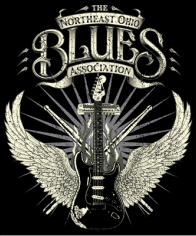
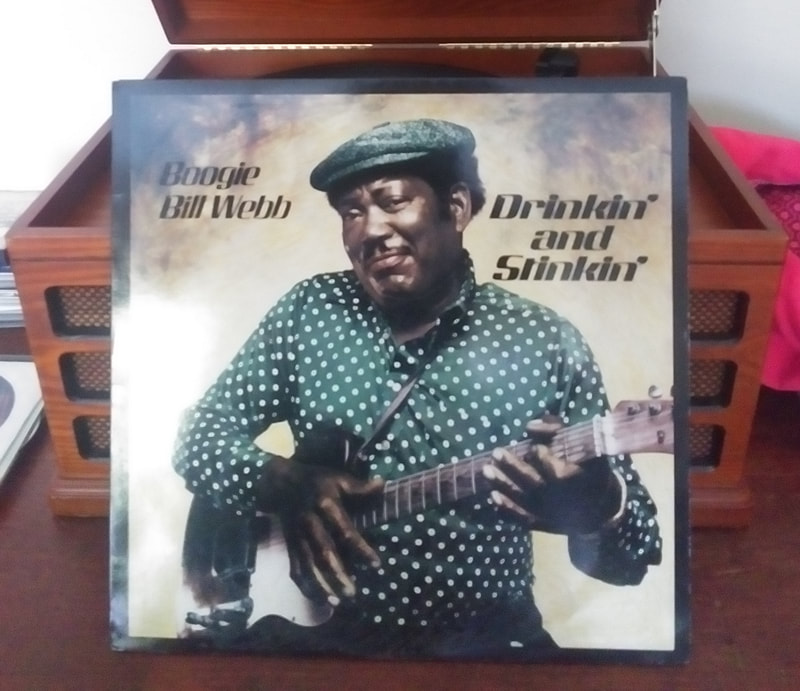
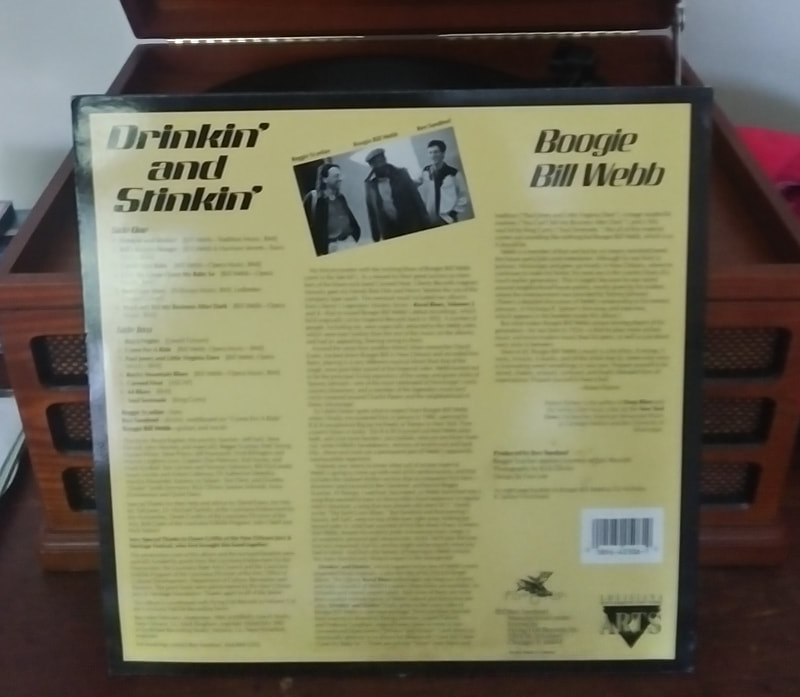
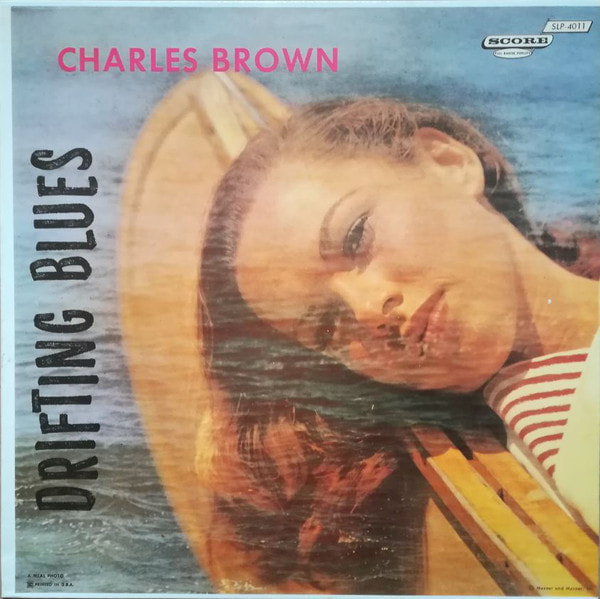
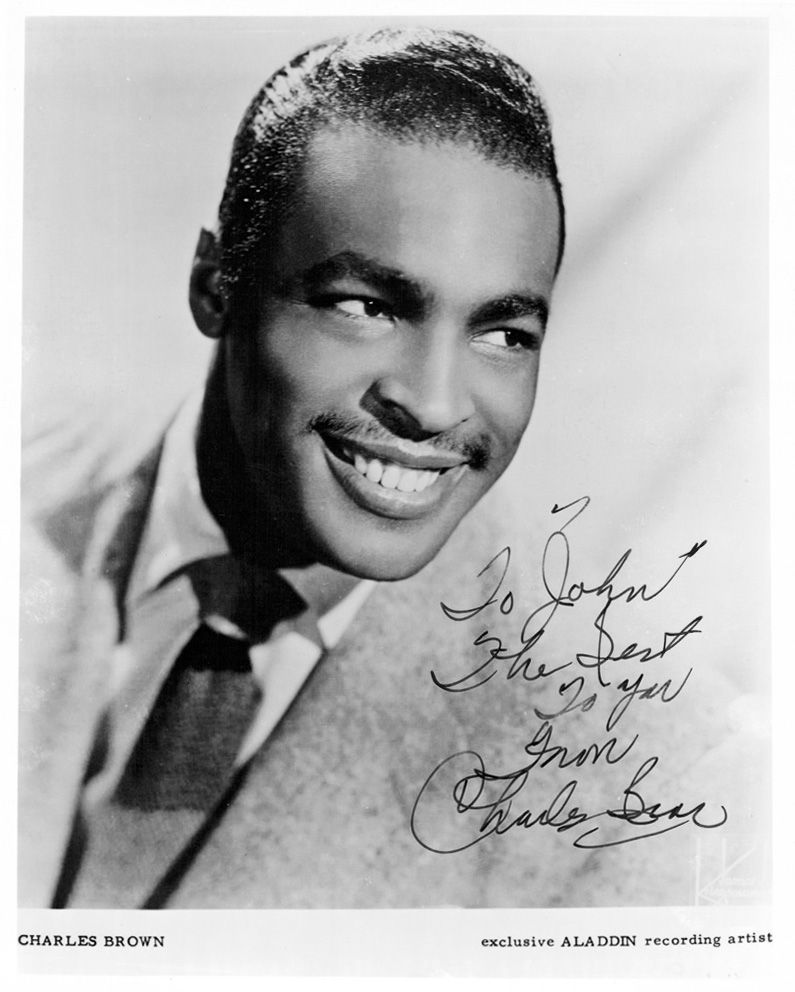
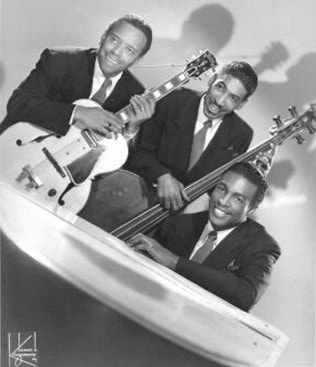
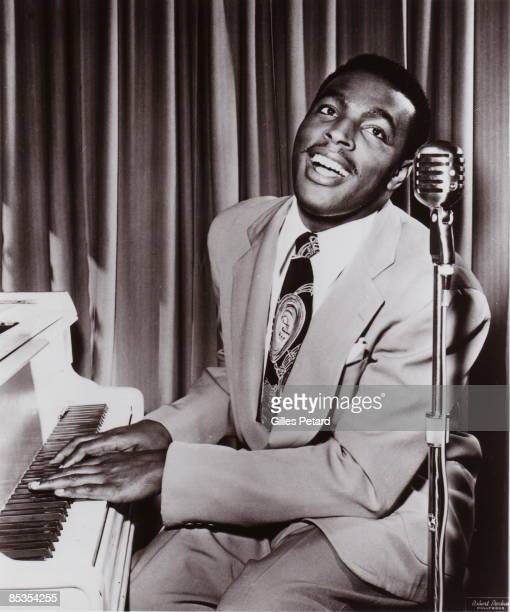
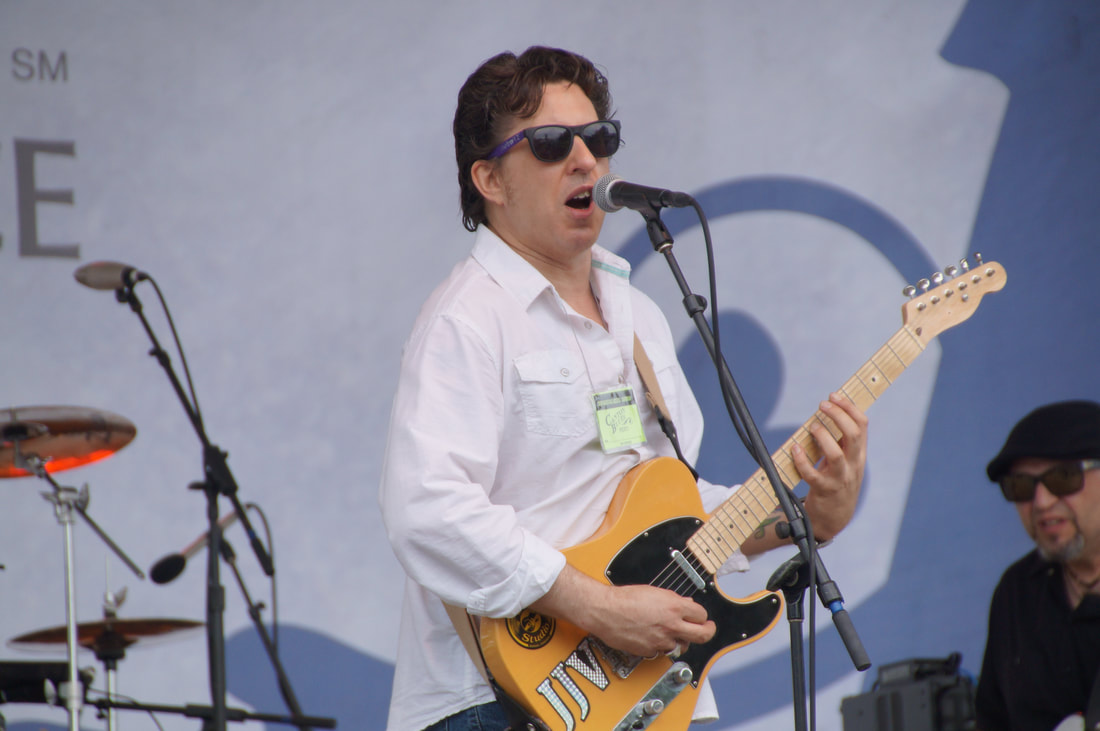
 RSS Feed
RSS Feed